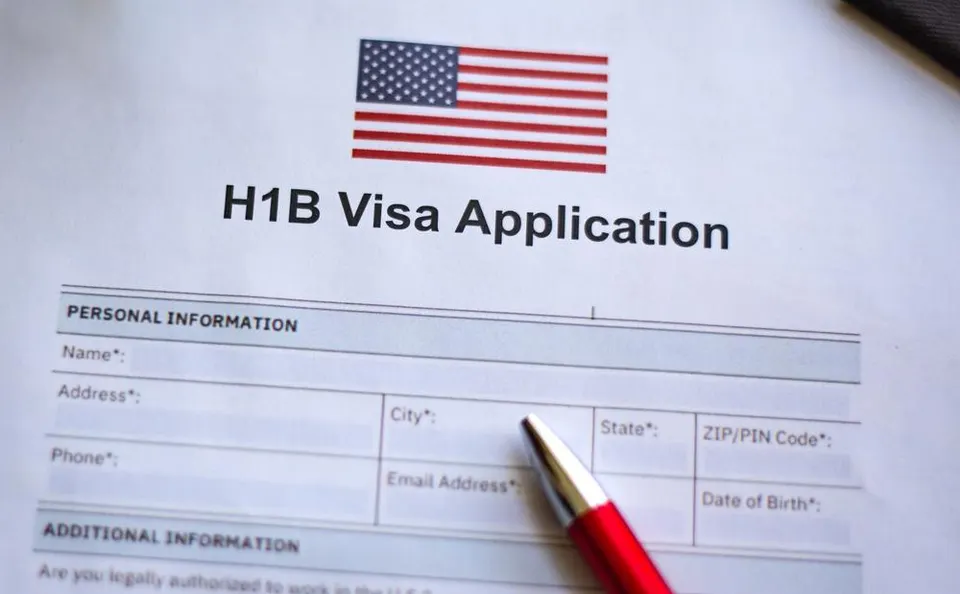Are you a foreign worker who wants to work in the United States in a specialty occupation? If so, you may need to apply for an H1B visa.
This visa allows you to work for a U.S. employer who sponsors you for a specific position that requires your skills and qualifications.
But how long is H1B valid? And what are the options to extend or renew it? In this article, we will answer these questions and more.
What Is the Initial H1B Validity Period?
The initial H1B validity period is three years from your employment start date. This means that you can stay and work in the U.S. for up to three years as long as you maintain your H1B status and your employer-employee relationship with your sponsor.
You can also travel in and out of the U.S. during this period, as long as you have a valid H1B visa stamp on your passport.
How Can You Extend Your H1B Validity Period?
If you want to continue working in the U.S. beyond your initial H1B validity period, you can apply for an extension of your H1B status. You can do this up to six months before your current status expires, and you must have a valid offer of employment from your sponsor or a new employer who is willing to file a new petition on your behalf.
The maximum extension that you can get is another three years, which means that you can stay in the U.S. for a total of six years on H1B status. However, there are some exceptions that may allow you to extend your H1B validity period beyond six years, such as:
- If you have a pending or approved labor certification or I-140 petition (the first two steps of the green card process) filed at least 365 days before your six-year limit, you can get one-year extensions until a final decision is made on your green card application.
- If you have an approved I-140 petition but you cannot apply for adjustment of status (the final step of the green card process) because of visa retrogression (when the demand for green cards exceeds the supply), you can get three-year extensions until a visa number becomes available for you.
- If you have spent at least one year outside the U.S. during your six-year limit, you can reset your clock and start a new six-year period of H1B validity.
What Happens When Your H1B Validity Period Expires?
When your H1B validity period expires, you must either leave the U.S., change to another immigration status, or apply for permanent residency (green card). If you overstay your H1B validity period, you will lose your legal status in the U.S. and face serious consequences, such as:
- Being barred from re-entering the U.S. for three or ten years, depending on how long you overstayed.
- Being ineligible for any immigration benefits, such as extensions, changes of status, or green cards.
- Being subject to removal (deportation) proceedings by the U.S. government.
Therefore, it is very important that you keep track of your H1B validity period and plan ahead for your next steps.
The H1B visa is a popular and valuable option for foreign workers who want to work in the U.S. in specialty occupations. However, it has a limited duration of three years, extendable to six years in most cases.
To avoid losing your legal status and facing negative consequences, you should be aware of how long is H1B valid and what are your options to extend or renew it.
If you need more information or assistance with your H1B visa application or extension, we recommend that you consult with an experienced immigration attorney who can guide you through the process and help you achieve your goals.

